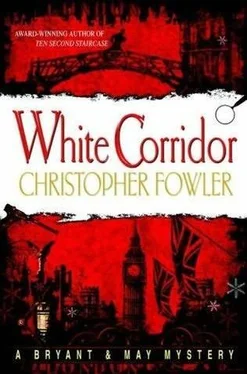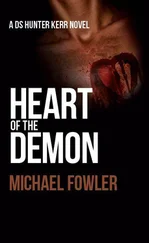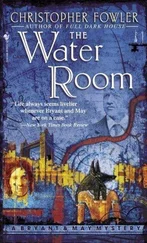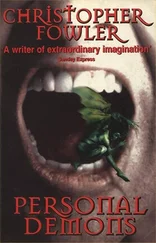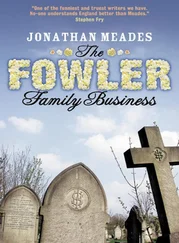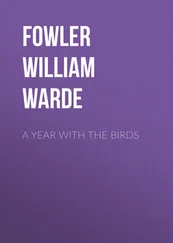“Oh?”
“He came to a sticky end after a brief lifetime filled with misery, didn’t he? I wonder if he felt he was fated to be betrayed by a woman, and willed his destiny upon himself? He’d had old-time religion hammered into him to the point where it drove him to commit the ultimate sin of matricide. True, he eventually earned his forgiveness at the hands of nuns, but the trauma clearly haunted him, overshadowing any chance he had of forming normal relationships. He’d drifted from town to town, getting involved in petty crime, because in his heart he knew there could be no end to his torment. And so he contrived to meet a woman so damaged by her own beauty that she could only confirm his deepest fears. Makes you think that the great tragedies of our lives are built into us as surely as DNA, and proliferate quietly and inexorably, like cancer cells.”
“Perhaps,” May conceded, looking out through lead-light windows at the hesperidian sky. “But if you follow the line of fate further back, you get to Kate Summerton, who spent her life trying to heal abused women, only to step across the line that divides good intentions from harmful influence. You might argue that Madeline Gilby was searching for someone who would confirm her neuroses. Bellocq suffered at the hands of women, Gilby suffered at the hands of men, and the pair were drawn into a relationship that destroyed them both. These tangles seem to lie in every one of our lives; we rarely have the self-knowledge to cut them free until it’s too late.” He passed Bryant a beer. “I believe we’re going to get a rather lurid sunset.”
“It’s nice having a free Friday to ourselves,” said Bryant. “Although I wouldn’t want many of them in a row.”
“Oh, I think we still have work ahead of us yet,” said May, glancing around the almost deserted saloon. “Tell me, do you ever regret not finding another partner after Nathalie?”
“Oh, don’t worry about me, there have been plenty of ladies whose company I’ve enjoyed,” said Bryant finally, creaking back on his stool, “but never enough to marry. I always knew I would prove a disappointment to them. Very few men make perfect husbands, let alone policemen. Women like partners they don’t have to worry about all the time. You hardly ever talk about your own marriage, you know. It’s obviously a painful subject for you.”
“Our family tree had poisoned roots,” said May enigmatically. “Madness and death followed us like shadows.”
“I know how your daughter Elizabeth died, of course, but you never talk about what happened to your wife.”
“One day I’ll take you to meet her,” said May, sipping his beer thoughtfully, “then you’ll understand.”
For once, Bryant had been caught by surprise. He stared at his partner as if seeing him for the first time. “Oh‘ was all he could manage.
“Do you believe in the afterlife?” asked May suddenly, turning to him.
“Me? Good Lord, no.” He smiled sadly at the thought. “I suppose the worst thing isn’t that there might be nothing after my death, but that there might be nothing before it. That’s why I stay busy. There are always regrets, of course. But you have to try and make a difference without hurting anyone along the way, so that you can reach a final state of grace without shame.”
“That’s fair,” May agreed. “Look at that, Maggie’s white corridor is back.”
“I’m not ready to look my Maker in the eye just yet,” said Bryant, shaking his head. “Let’s ignore it and have another pint.”
Outside, beyond the bridges of London, the dying scarlet sun appeared beneath the last dissipating snow cloud, to split corridors of saffron light across the ruffled grey river.

Christopher Fowler is the author of such novels and collections as City Jitters, Roofworld, Spanky and Soho Black, and the Bryant & May mysteries including the award-winning Full Dark House.
In his copious spare time, Fowler runs The Creative Partnership, creating marketing campaigns from his central London headquarters for major and independent UK film companies.
***

